Meet Lenny Larsen, an internationally recognized producer and director of entertainment and experiences ranging from theme parks and live theater to film/television and interactive technology. With undergraduate and graduate degrees from Carnegie Mellon University in theater and entertainment technology, Larsen’s unique blend of imagination, technical savvy, and steadfast leadership places him among the leading creative visionaries in the entertainment industry. He is currently the executive producer behind two upcoming television series, owns two production companies, and is a sought-after speaker at conferences across the country and around the world.
Originally from Chicago, Larsen got his start directing and designing live stage productions for theaters throughout the Midwest. His passion for creating worlds on-stage led to a broader ambition for creating worlds where an audience could completely immerse themselves. Larsen entered the themed entertainment world working as a lead artist on Expedition Everest at Disney’s Animal Kingdom. Just a few years later, he would find himself traveling the world to meet with royalty, government officials and billionaire investors to cast creative visions for projects in their early stages of conception. Shepherding those visions as they moved through the design process from imagination into reality quickly became Larsen’s forte. [continue reading…]


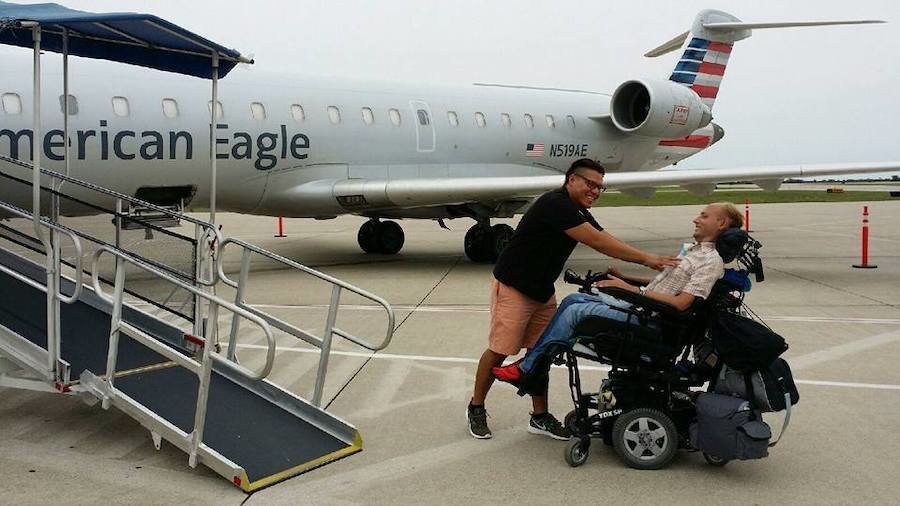
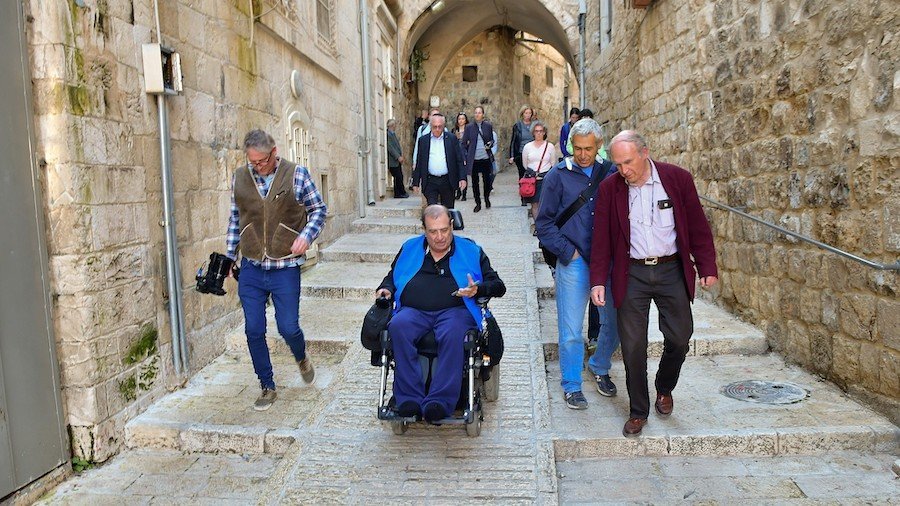

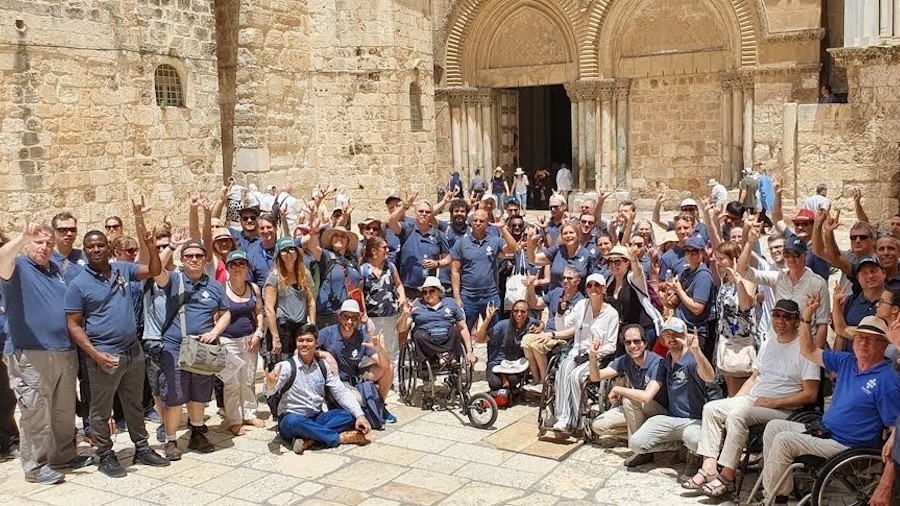
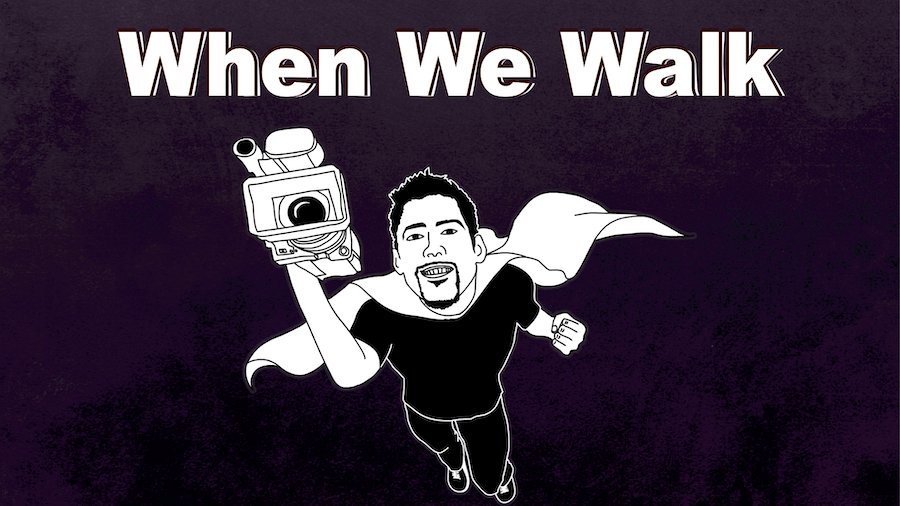
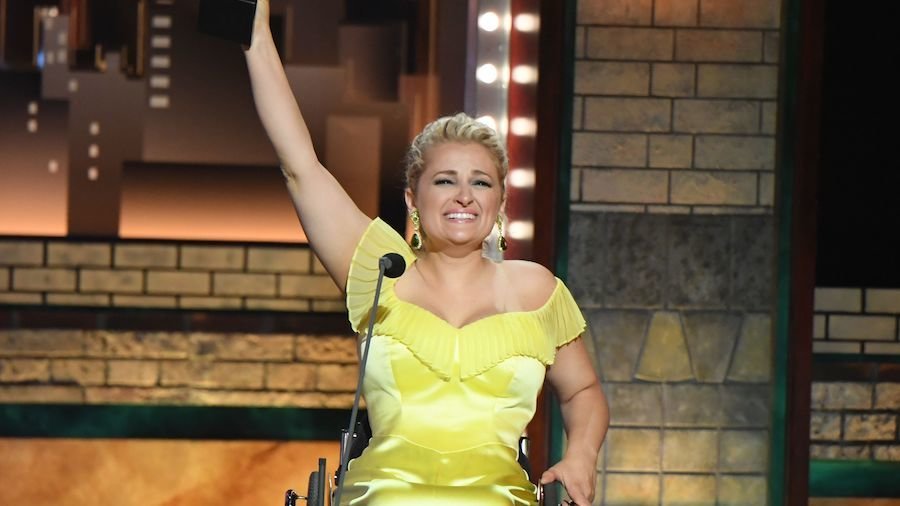
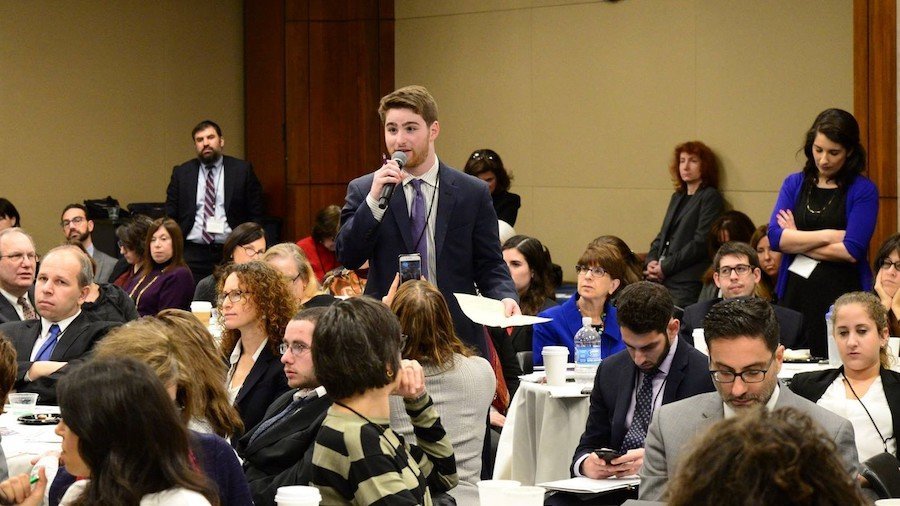
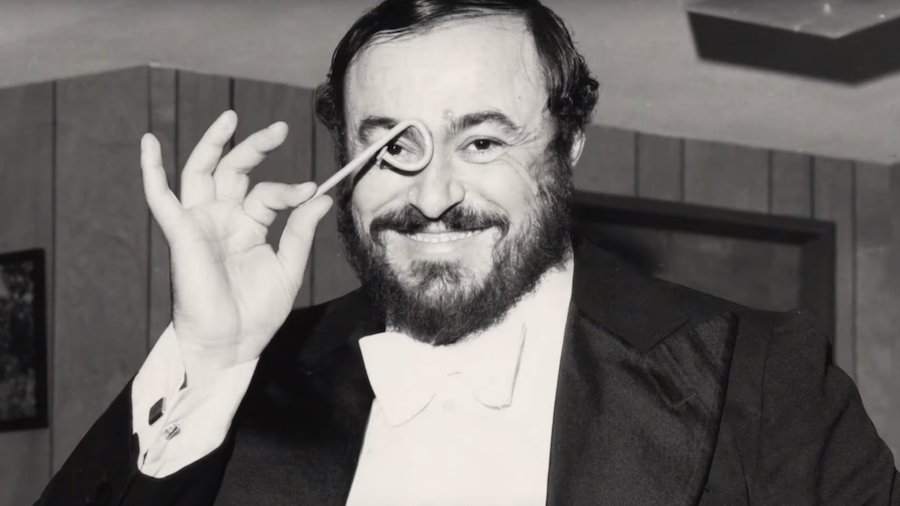

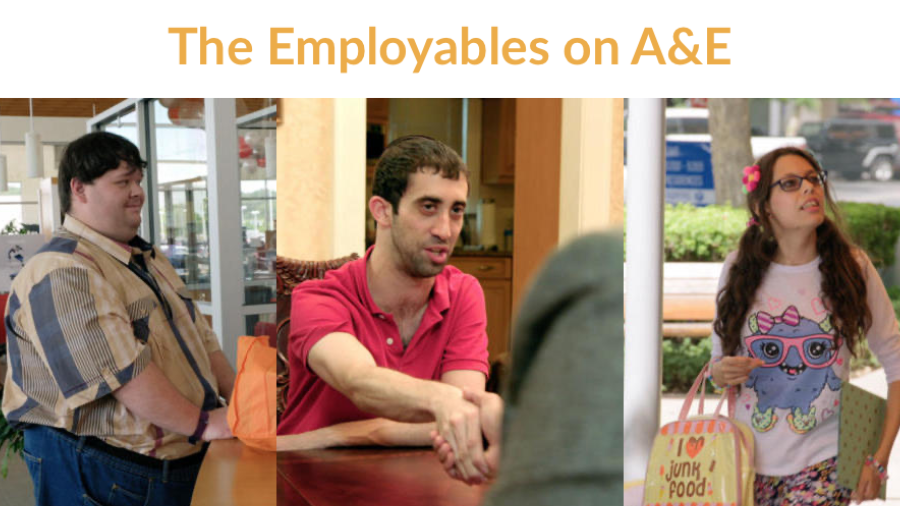
 “I went from being on the dean’s list to becoming academically disqualified,” said James, a 35-year-old with TS in the first episode. “But it’s what we got. It’s the cards you’re dealt so you play the hand you have.”
“I went from being on the dean’s list to becoming academically disqualified,” said James, a 35-year-old with TS in the first episode. “But it’s what we got. It’s the cards you’re dealt so you play the hand you have.”



